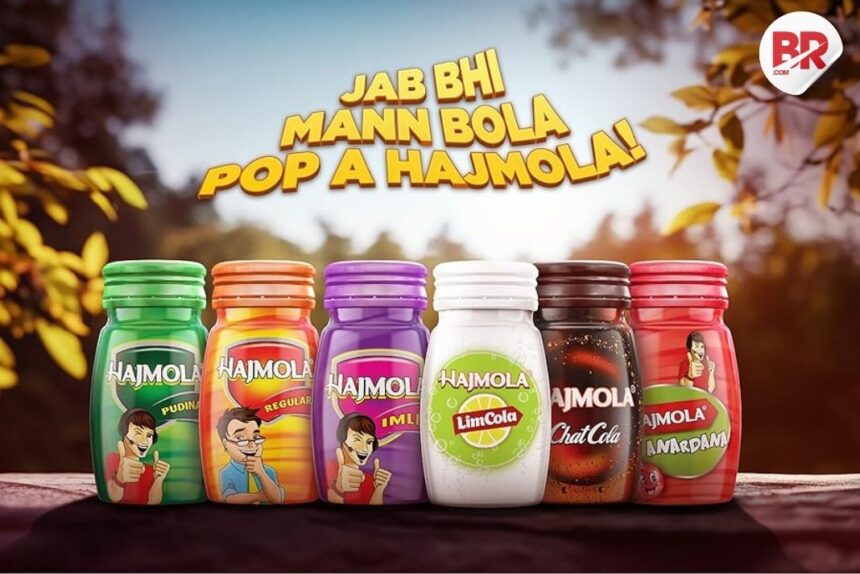
Dabur India’s well-known Hajmola candy is now at the center of a GST classification dispute with the Directorate General of GST Intelligence (DGGI), Coimbatore Zone.
The main issue is about how Hajmola should be taxed under GST. Dabur says Hajmola is an Ayurvedic medicine and should be taxed at 12%. But the tax department believes it should be taxed at 18% as a confectionery product.

Earlier, the Supreme Court had ruled that Hajmola is an Ayurvedic product, not just a candy. That decision came before the GST system was introduced. Now, the outcome of this fresh GST classification case will decide whether Hajmola stays in the 12% tax bracket or moves to the higher 18% slab.
Also Read: Big Jump! Rupee Gets Stronger as US Pauses Tariffs – What You Need to Know
Tax experts say the final decision will depend on the GST Council’s interpretation and guidelines. Meanwhile, Dabur is already facing a GST demand of ₹320.6 crore, which it plans to challenge.
This issue has also affected Dabur’s stock. On April 11, Dabur’s share price dropped nearly 1% to ₹461.3 on the Bombay Stock Exchange (BSE). In the last two weeks, the stock has fallen by around 9%.
The result of this GST classification dispute could set an important example for other FMCG companies, as the line between food products and traditional medicine becomes less clear under GST rules.












